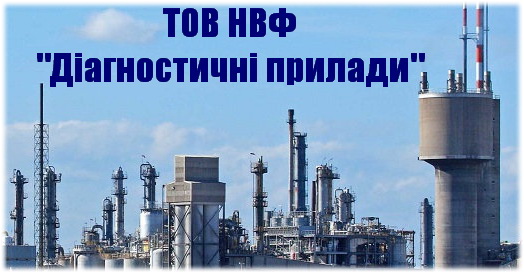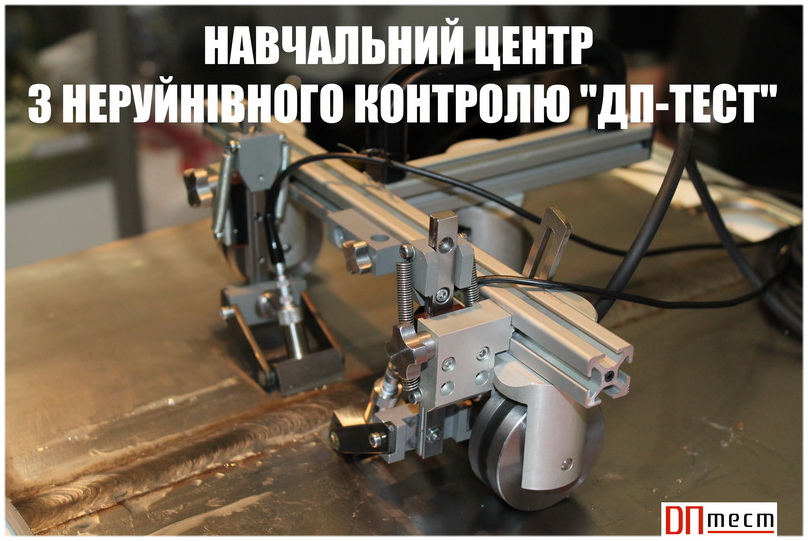Relevance
Today, sheet metal products are widely used in many industries. Rolled sheets are rectangular metal sheets of different thickness, width and length. It also includes sheet rolled steel. Sheet metal in contrast to varietal is often obtained by cold rolling. Cold-rolled sheet metal has a more uniform thickness and high surface cleanliness compared to high-quality rolled products. Failure to ensure the required quality can lead to the destruction of such objects, so to control them for defects is an urgent task today. In the master's dissertation such a problem is solved by developing an ultrasonic automated control system for sheet metal.
The purpose and objectives of the study
The purpose of the study is to increase the accuracy of non-destructive testing of rolled products by improving the method and scheme of defectoscopy of the object. During the study, the following tasks were set and solved:
1) To analyze and substantiate the ways of existing methods of defectoscopy of sheet metal.
2) Develop a structural and functional diagram of an ultrasonic automated system for detecting defects and calculate its main components.
3) Create a model of the scanner design in the Solid Works environment.
The object of research is the process of ultrasonic flaw detection of sheet metal.
The subject of research - methods and means to improve the accuracy of determining the location of defects in the control of sheet metal.
Research methods are based on the use of theoretical foundations of ultrasonic non-destructive testing; methods of digital signal processing; modeling the design of converters in SolidWorks.
Development:
The method of ultrasonic flaw detection of sheet metal is improved on the basis of complex application of automation of process of receiving from measuring information and set of constructive decisions that allowed to increase speed and accuracy of flaw detection of sheet metal.
Research advisor: A. Momot









